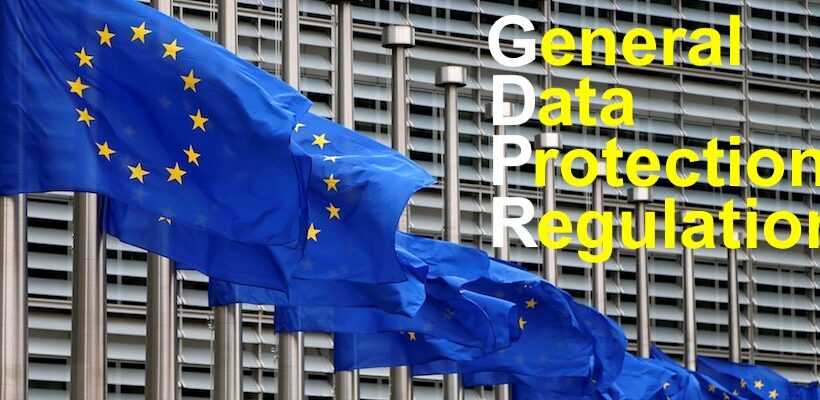The GDPR (General Data Protection Regulation) refers to a set of laws governing the storage and usage of customer data by businesses that operate within Europe. It requires a lot of transparency from businesses to their customers regarding the collection, usage, and storage of their personal data. It also requires data that is no longer in use to be disposed of safely and any data breach should be reported to the relevant authorities within 72 hours. While the additional regulations have proven challenging for businesses to comply with, FinTech (Financial Technology) companies are proving to be better positioned for GDPR compliance than the more established financial institutions like banks. This article will highlight the competitive advantages FinTech companies get from the GDPR laws.
The GDPR results in a more privacy-conscious customer base
The GDPR regulations can be seen as a reactive set of laws. Prior to their promulgation, there had been numerous high-profile data breaches on a global scale, resulting in customer data falling into the wrong hands. Some

businesses were also unethical in terms of how they exploit customer data in their marketing efforts. Today’s consumer is a tech-savvy consumer, one who is aware of the dangers that data breaches expose them to.
A more vigilant customer base is more likely to trust brands that are perceived as being tech-savvy. This is where FinTech companies have an advantage over their more established traditional financial institutions. A consumer is sure that a FinTech company will be more vigilant with their data handling processes as their entire business model is reliant on using technology.
It is less costly for FinTech companies to be GDPR compliant
GDPR compliance is a very costly and time-consuming process. An organization is forced to restructure its entire data collection, handling, and storage infrastructure. New data destruction policies have to be put in place to ensure that customer data is safely disposed of. Large established financial institutions, like multinational banks, might require months (or even years) to become compliant. For starters, most of them store their data in numerous locations governed by different jurisdictions – all of which might have different data handling laws.
This is not a problem that faces FinTech companies. With most of their business being conducted online, they already need to have their data storage streamlined to better serve their customers. Data destruction is also not a big issue as most of these online servers have tools in place to ensure GDPR compliance. When it comes to the destruction of physical drives, there are many affordable options such as degaussing (using magnets) and the physical destruction of drives. For FinTech companies, compliance is a cheaper and faster process, which is a competitive advantage.
FinTech companies are more agile in implementing new policies
GDPR compliance involves more than just replacing the technological infrastructure a business relies on for handling and storing data. It requires a business to effectively overhaul its entire data management policy. This involves retraining all employees who come into contact with customer data and ensuring that they are aware of their new duties and responsibilities in the GDPR era. This is a lengthy and time-consuming process, and there might be some employees who face difficulties with transitioning to the new rules.
FinTech companies will find it easier to adapt to a new data handling policy. For starters, FinTech companies are used to change, as companies must constantly change how they work with the development of new technologies. FinTech companies also tend to be smaller, in terms of staffing, than their more entrenched ‘traditional’ financial institutions. This makes it easier for new policies to be implemented and adopted on a companywide basis.
GDPR compliance has a positive impact on a brand’s reputation
In a competitive sector like the financial industry, a brand’s reputation could be the determining factor between success and failure. This has been the problem facing new entrants in the market for decades, as they had to compete with entrenched financial institutions that have better brand awareness. The GDPR laws are finally making it easier for new brands, especially FinTech companies, to compete on an equal footing with their more established competitors.
GDPR compliance is a badge of competence that signals your brand’s commitment to privacy to your target market. This immediately makes new clients more comfortable when working with a brand that might not have much in terms of brand awareness in the markets that it operates in.
GDPR compliance is environmentally conscious
GDPR compliance is all about protecting the environment, specifically, when it comes to data destruction. There are many modern data destruction methods that allow a company to reuse its drives, either internally or by selling them to third parties. Reusing old drives is environmentally conscious as it reduces demand for new drives that are resource-intensive to manufacture. With the global customer base being environmentally conscious, GDPR compliance lets them know that your brand shares its values.
Milica Vojnic is Head of Digital Marketing at Wisetek.
Source: Read Full Article
